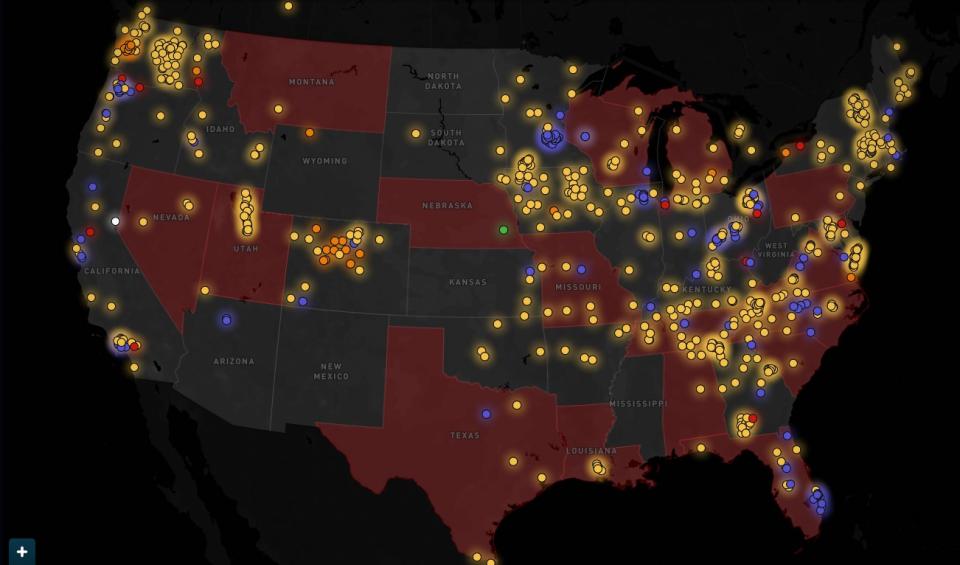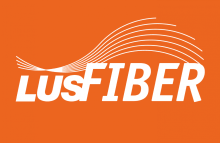‘Innovation’ Think Tank Pushes Lazy Smear Of Community Broadband
Here at ILSR we’re no stranger to telecom monopoly-backed efforts to mislead the public about the significant benefits of community owned broadband access.
That’s why a new “study” by the industry-backed Information Technology and Innovation Foundation (ITIF) maligning municipal broadband doesn’t come as much of a surprise.
The study professes to take a look at a very small number of municipal broadband networks, then makes sweeping and patently false claims about the entire sector.
“In most cases, local governments have neither the competence nor the economies of scale to deliver broadband as well as private ISPs,” the study concludes. “So, favoring government-owned networks wastes societal resources, creates unfair competition, and is frequently unsustainable in the long run.”

There’s numerous problems here. One being that the survey only looked at 20 municipal broadband networks in a country where more than 450 community broadband networks – serving close to 800 different communities – now pepper the American landscape.
The study author acknowledges the study’s sample size was “too small for the data to represent all U.S. [government-owned broadband networks] reliably,” then proceeds to make broad sweeping assumptions unsupported by any actual evidence.




